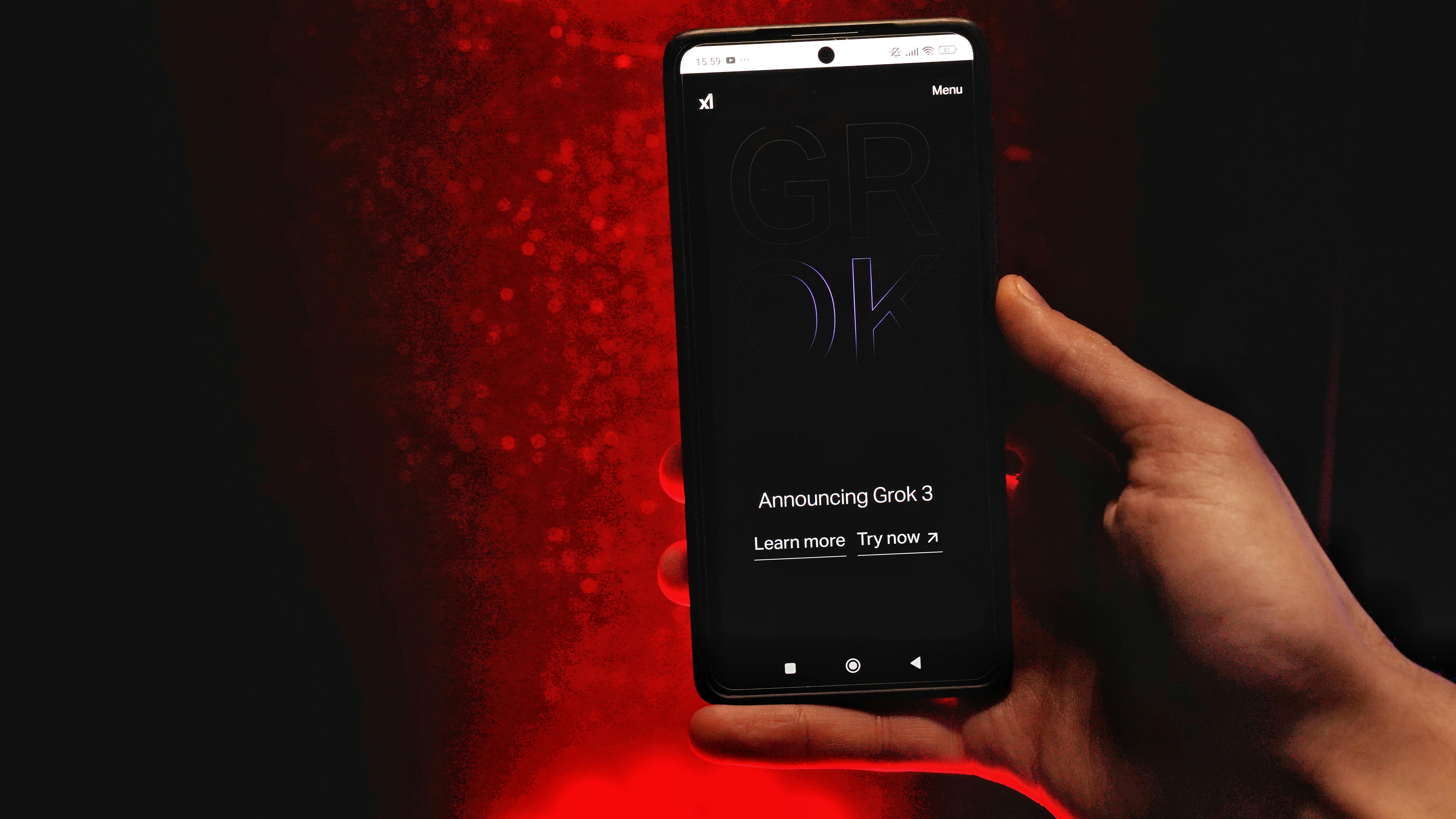AI Search: Reshaping Digital Ads

The digital world’s always changing, right? And lately, it’s AI search that’s really shaking things up. It’s not just a little tweak; it’s a major shift in how we find and interact with stuff online. This is a big deal for anyone in digital publishing or advertising, because it’s changing the whole game. We’re talking about how content gets found, how we use it, and how money gets made. Keeping up with this stuff is super important if you want to stay relevant online.
The Rise of AI-Powered Search
So, what’s the big deal with AI in search? Well, it’s way smarter than the old keyword-stuffing days. Remember when you had to nail the exact keywords? Now, AI gets the context, what you *really* mean, and how you act online. It’s making search way more personal and accurate, which is great for us users. But for digital advertising, especially the pay-per-click (PPC) kind, it’s a bit of a curveball.
How AI Search Impacts Ad Models
This AI thing is directly challenging how we’ve been doing digital ads. PPC has been king for ages, but if AI can just give you the answer right there on the search page, why would you click on an ad? People might get all the info they need without ever visiting a website. This means less traffic for sites and a whole rethink of how advertisers spend their money and what strategies they use.
BuzzFeed’s Concerns About AI Search
Even big players like BuzzFeed are worried. They’re concerned that if AI search gives users all the answers, people won’t click through to publisher sites anymore. Less clicks mean fewer ad views and less money for publishers. It’s like the AI is accidentally skipping over the ads that keep these sites running.
The Click-Through Economy Under Threat
The whole idea of PPC is that someone clicks your ad, and you pay for it. AI search, by giving instant answers, could really mess with that. If an AI can pull info from everywhere and give you a neat summary, the reason to click on one specific link, like an advertiser’s site, just shrinks. This could mean a big drop in traffic and ad revenue for everyone.
Finding Content in the AI Age
The way we find content is definitely going to change. Instead of scrolling through search results and clicking links, we might just get AI-made summaries. This means content creators and marketers need to switch gears. It’s less about just getting clicks and more about making super valuable, trustworthy content that AI systems will want to use. Building your brand and connecting directly with your audience is becoming even more crucial.
What This Means for Publishers
Digital publishers, who often rely on ad money from website traffic, are really feeling the heat. If AI search becomes the main way people get information, publishers might struggle to get enough visitors to keep their businesses going. This could lead to bigger publishers surviving because they can adapt to new ways of making money, while smaller ones might find it tough to compete. Publishers might need to figure out what their website is *really* worth beyond just being a place for information.
Adjusting Ad Strategies for AI
Advertisers and marketing folks have to get smart about this AI search world. Just sticking to old PPC campaigns might not cut it anymore. Maybe think about ads that fit right into AI answers, or focus more on building brand recognition through social media and other channels. Understanding how AI puts information together will be key to making your message heard in this new landscape.
Conversational Search and Ads
You know how you can talk to some AI? That’s conversational search, and it’s a big part of this shift. As search engines get more chatty, we’ll ask questions more like we’re having a conversation. This is a chance for advertisers to get their messages into these chats, maybe with sponsored answers or product suggestions. The tricky part is making it feel natural and not annoying for the user.
Rethinking SEO
Search Engine Optimization (SEO) is going to change, no doubt about it. It used to be all about keywords and links. Now, it’s more about understanding the meaning behind words, being an expert on topics, and giving clear, direct answers. Content that’s easy for AI to read, like using structured data, will be super important. The goal is to be a source AI trusts and wants to reference.
Diversifying Publisher Income
With ad revenue potentially taking a hit, publishers might need to find other ways to make money. Think about subscriptions, getting support directly from readers, affiliate marketing, selling stuff online, or even licensing their content to AI platforms. Building a loyal community around their content will be a big help for these other income ideas.
The Future of User Experience in Search
At the end of the day, all these changes are about making search better for us. AI search wants to make finding stuff faster, easier, and more personal. Publishers and advertisers who focus on giving users great, relevant, and easy-to-find information will likely do well. Being able to guess what users need and deliver value is going to be the real game-changer.
The AI Search Competition
It’s not just one company working on AI search. Big tech companies are pouring money into it, so we’ll see different AI models and approaches. How these AI systems are trained and what information they decide is important will really affect the advertising world. Keeping an eye on who’s doing what is important for spotting future trends.
Ethics and Transparency in AI Search
As AI search becomes a bigger part of our lives, we need to think about ethics and being open. Things like privacy, fairness in algorithms, and fake news are important. Publishers and advertisers also need to think about how their content is shown by AI and make sure their own practices are honest. How AI gives credit to sources will also be something to watch.
New Ways to Measure Ads
Old ways of measuring ad success, like click-through rates, might need an update. We might need new ways to see what ads are really working in an AI-driven search world. Things like how much people remember your brand, how they interact with AI answers, or how your content influences decisions beyond just a click could become more important. The industry will need to figure out new ways to define success.
Conclusion: Adapting for Success
There’s no denying that AI is changing digital advertising and publishing. While there are challenges, especially for the old PPC models, this change also opens doors for new ideas and growth. By understanding these trends, changing strategies, finding new income sources, and focusing on what users want, publishers and advertisers can navigate this new era and stay relevant. Being flexible and thinking ahead will be the key to making it.






